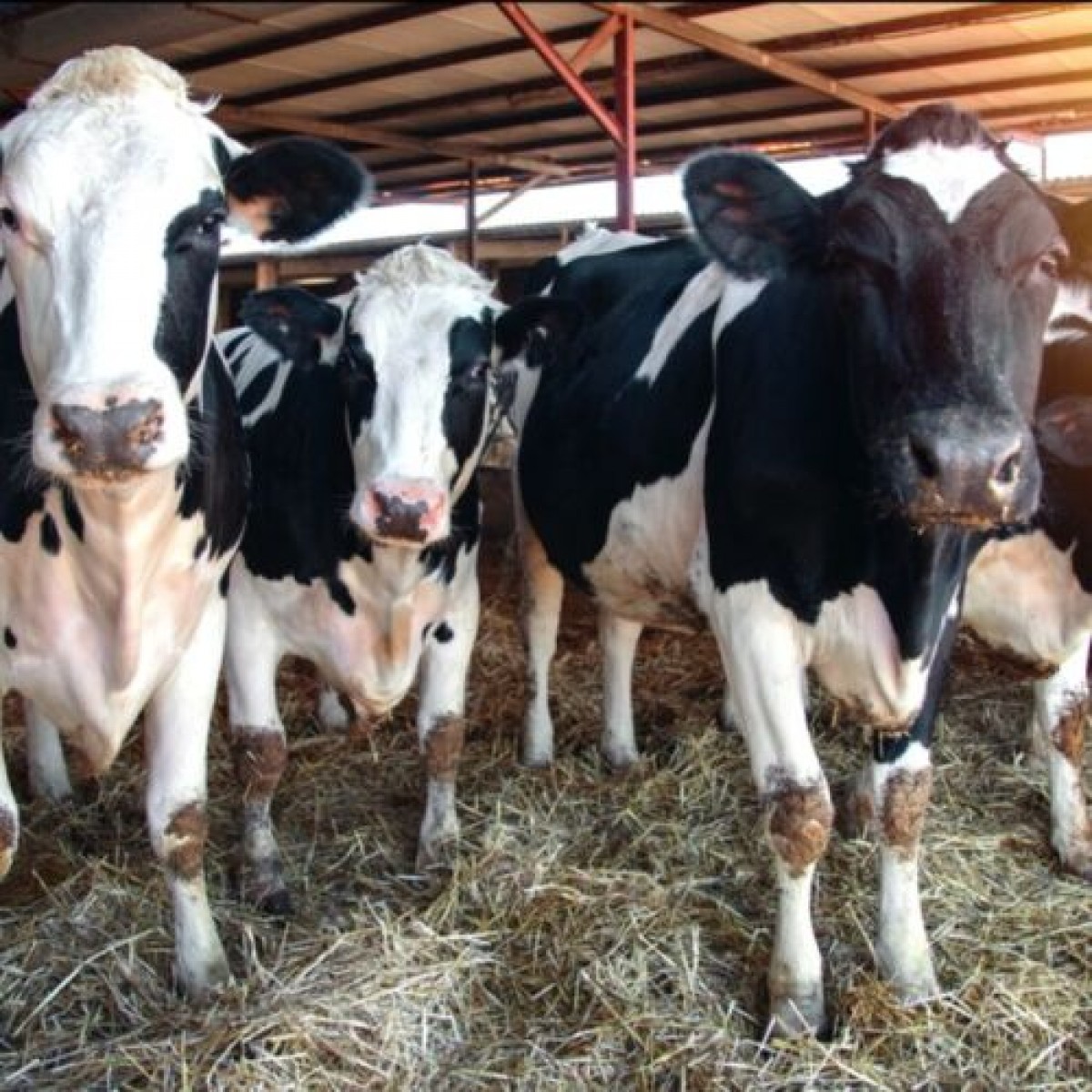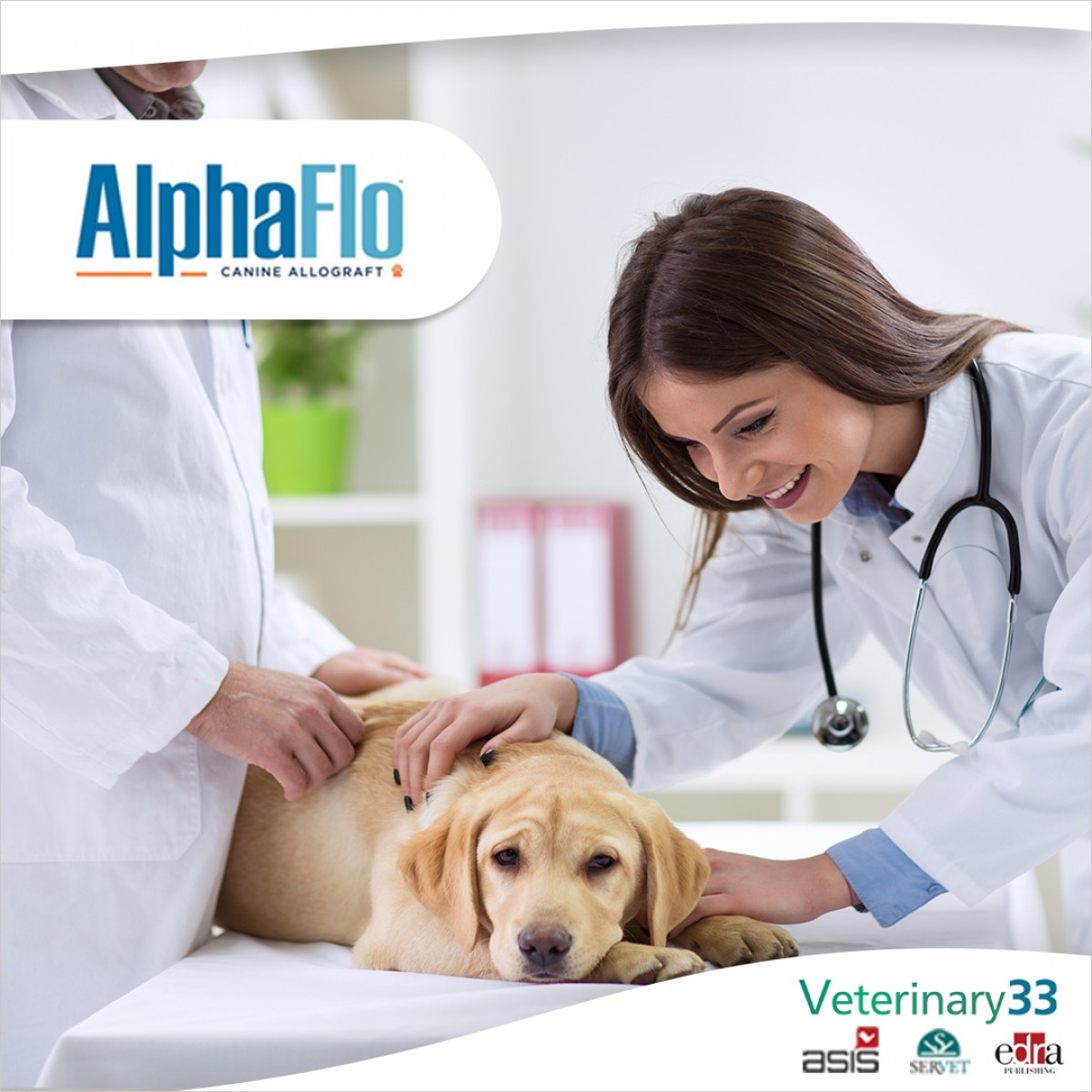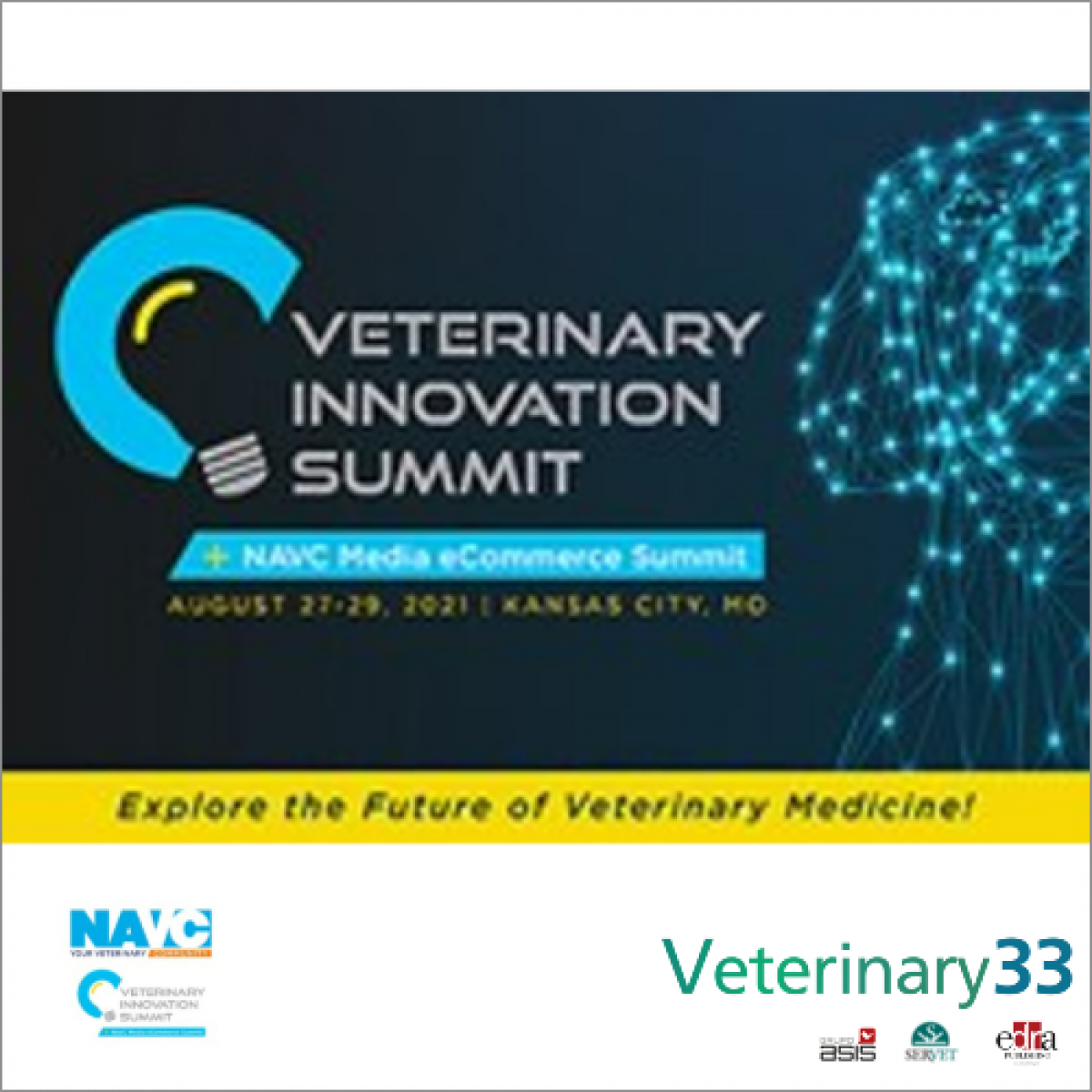Innovations in animal health: artificial intelligence-enhanced hematocrit analysis for rapid anemia detection in small ruminants
Due to their value as a food source, fiber, and other products globally, there has been a growing focus on the wellbeing and health of small ruminants, particularly in relation to anemia induced by blood-feeding gastrointestinal parasites like Haemonchus contortus. The objective of this study was to assess the packed cell volume (PCV) levels in blood samples from small ruminants, specifically goats, and create an efficient biosensor for more convenient, yet accurate detection of anemia for on-farm use in agricultural environments for animal production optimization.
The study encompassed 75 adult male Spanish goats, which underwent PCV testing to ascertain their PCV ranges and their association with anemic conditions. Using artificial intelligence-powered machine learning algorithms, an advanced, easy-to-use sensor was developed for rapidly alerting farmers as to low red blood cell count of their animals in this way to enable timely medical intervention. The developed sensor utilizes a semi-invasive technique that requires only a small blood sample.
More precisely, a volume of 30 μL of blood was placed onto Whatman filter paper No. 1, previously soaked with anhydrous glycerol. The blood dispersion pattern on the glycerol-infused paper was then recorded using a smartphone after 180 s. Subsequently, these images were examined in correlation with established PCV values obtained from conventional PCV analysis. Four separate machine learning models (ML) supported models, namely support vector machine (SVM), K-nearest neighbors (KNN), backpropagation neural network (BPNN), and image classification-based Keras model, were created and assessed using the image dataset.
The dataset consisted of 1,054 images that were divided into training, testing, and validation sets in a 70:20:10 ratio. The initial findings indicated a detection accuracy of 76.06% after only 10 epochs for recognizing different levels of PCV in relation to anemia, ranging from healthy to severely anemic. This testing accuracy increased markedly, to 95.8% after 100 epochs and other model parameter optimization. Results for SVM had an overall F1 score of 74–100% in identifying the PCV range for blood pattern images representing healthy to severely anemic animals, and BPNN showed 91–100% accuracy in identifying the PCV range for anemia detection.
This work demonstrates that AI-driven biosensors can be used for on-site rapid anemia detection. Optimized machine learning models maximize detection accuracy, proving the sensor’s validity and rapidity in assessing anemia levels. This breakthrough will allow farmers, with rapid results, to increase animal wellbeing and agricultural productivity.
Authors: Aftab Siddique, Sudhanshu S. Panda, Sophia Khan, Seymone T. Dargan, Savana Lewis, India Carter, Jan A. Van Wyk, Ajit K. Mahapatra, Eric R. Morgan, Thomas H. Terrill
Source: https://www.frontiersin.org/














List
Add
Please enter a comment